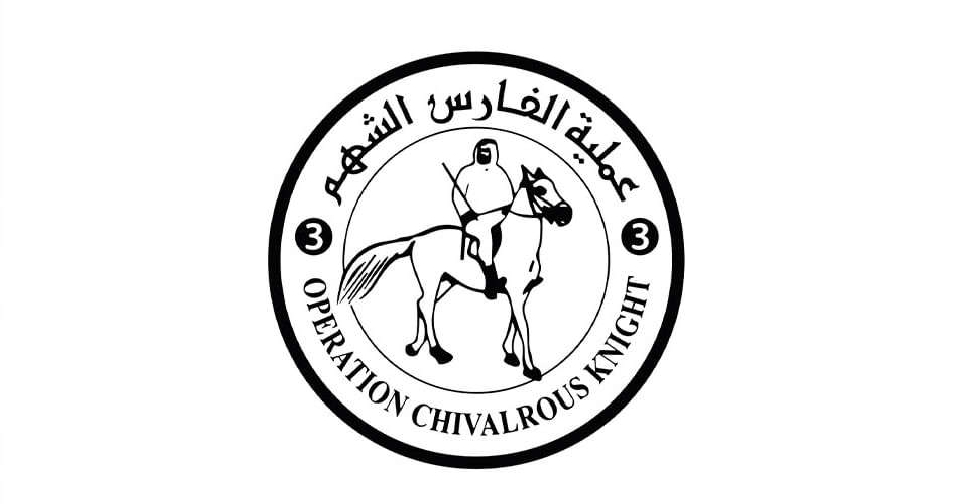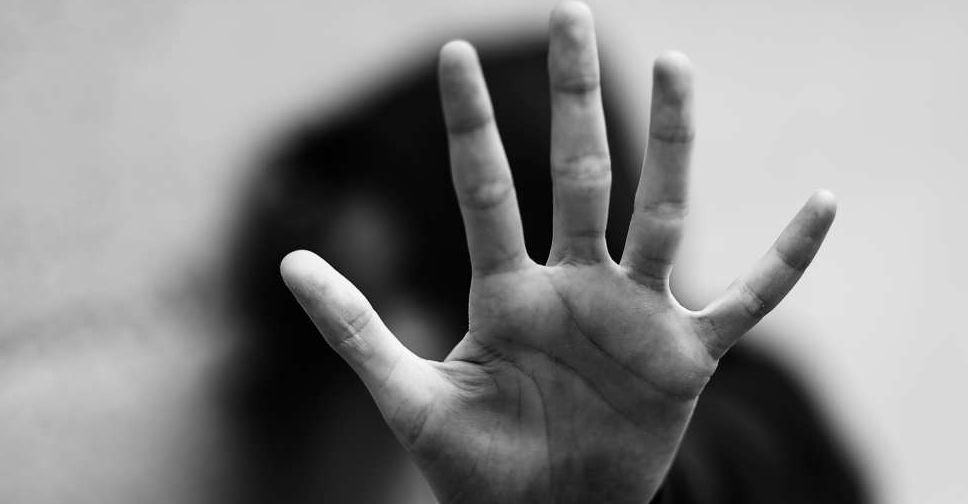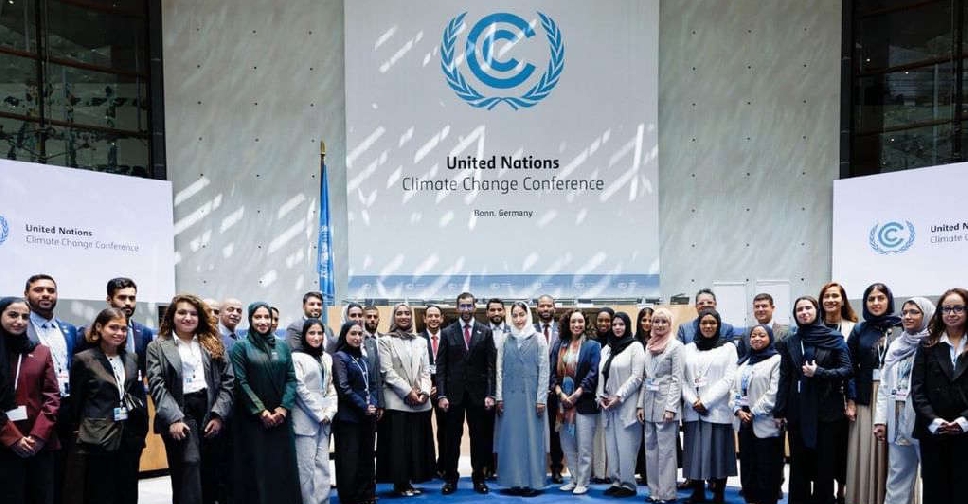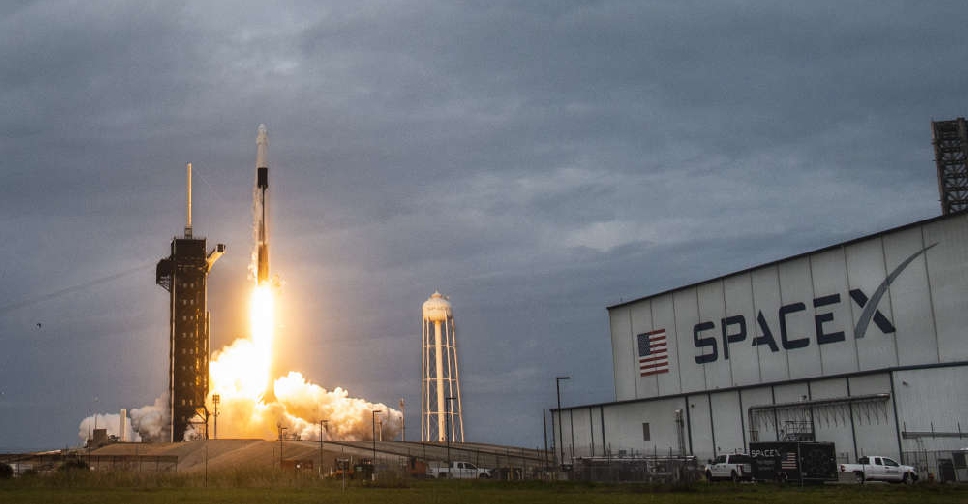
Turkey's first astronaut and three other crew members representing Europe were launched from Florida on Thursday to the International Space Station in the latest commercially arranged mission from Texas startup Axiom Space.
A SpaceX Crew Dragon capsule carrying the Axiom quartet lifted off atop a Falcon 9 rocket about an hour before sunset from NASA's Kennedy Space Centre in Cape Canaveral, beginning a planned 36-hour flight to the orbiting laboratory.
The launch was shown live on an Axiom-SpaceX joint webcast.
The autonomously operated Crew Dragon was expected to reach the International Space Station (ISS) early on Saturday morning and dock with the outpost orbiting some 400 km above Earth and currently occupied by seven regular crew members.
Live video showed the two-stage 25-storey-tall launch vehicle streaking into partly cloudy skies over Florida's Atlantic coast atop a fiery, yellowish tail of exhaust.
Cameras inside the crew compartment beamed footage of the four men strapped into their pressurised cabin, seated calmly in helmeted white-and-black flight suits as the rocket soared toward space.
Nine minutes after launch, the Falcon 9's upper stage delivered the crew capsule to its preliminary orbit.
Responding to congratulations from mission control, flight commander Michael López-Alegría radioed back from the Crew Dragon, "As I was saying, it's a team sport. Thank you, guys."
Minutes earlier, the rocket's reusable lower stage, having detached from the rest of the spacecraft, flew itself back to Earth and safely touched down on a landing zone near the launch site, eliciting cheers audible from the control room.
The mission was the third such flight organised by Houston-based Axiom over the past two years as the company builds on its business of putting astronauts sponsored by foreign governments and private enterprise into Earth orbit.
The company charges its customers at least $55 million for each astronaut seat.
Plans for the Axiom-3 mission call for the crew to spend roughly 14 days in microgravity aboard the ISS conducting more than 30 scientific experiments, many of them focused on the effects of spaceflight on human health and disease.
More symbolically, the mission reflects the growing number of nations venturing to Earth orbit as a way of enhancing global prestige, military prowess and satellite-based communications.
Turkey, a longtime applicant for EU membership, was poised to enter the exclusive-but-expanding club of ISS-guest countries by sending Alper Gezeravcı, 44, a Turkish Air Force veteran, on his nation's debut human spaceflight as an Ax-3 mission specialist.
He was being joined by: Italian Air Force Colonel Walter Villadei, 49, Ax-3's designated pilot; Swedish aviator Marcus Wandt, 43, another mission specialist; and López-Alegría, 65, a retired NASA astronaut and dual citizen of Spain and the United States. López-Alegría, an Axiom executive, also commanded the company's first mission to the ISS in April 2022.
Axiom billed the flight as "the first all-European commercial astronaut mission" to the space station.



 Several people stabbed near shopping centre in Finland's Tampere
Several people stabbed near shopping centre in Finland's Tampere
 GCC condemns continued Israeli aggression against Palestinians
GCC condemns continued Israeli aggression against Palestinians
 Hamas seeks ceasefire guarantees as scores more killed in Gaza
Hamas seeks ceasefire guarantees as scores more killed in Gaza
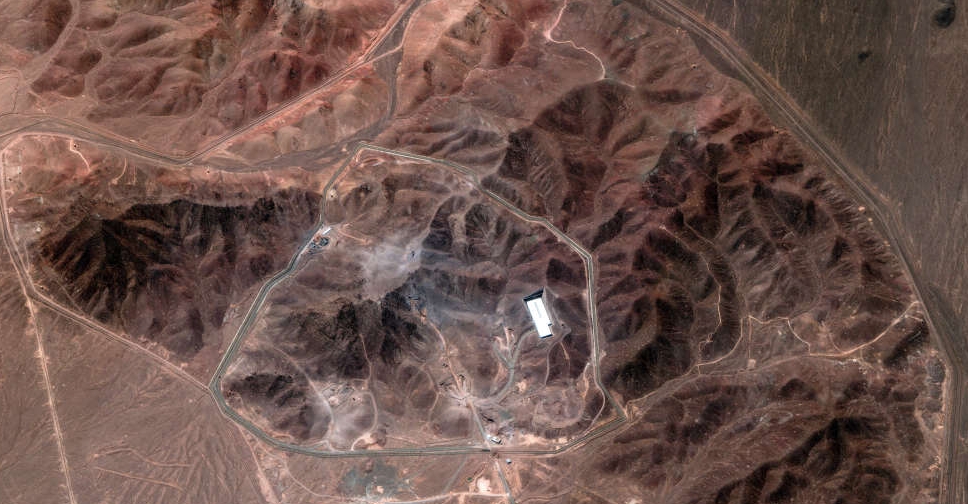 Iranian nuclear programme degraded by up to two years, Pentagon says
Iranian nuclear programme degraded by up to two years, Pentagon says
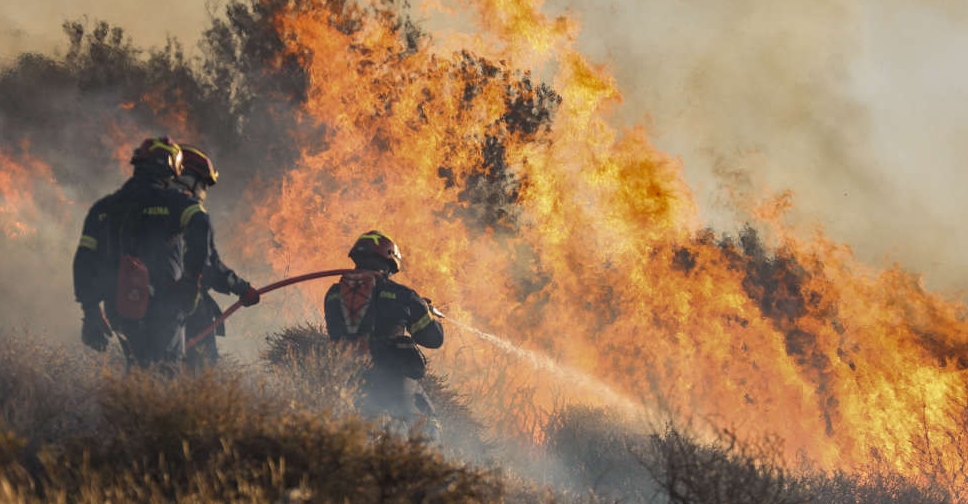 Wildfire on Greek island of Crete scorches forest, forces evacuation of over 1,000
Wildfire on Greek island of Crete scorches forest, forces evacuation of over 1,000
